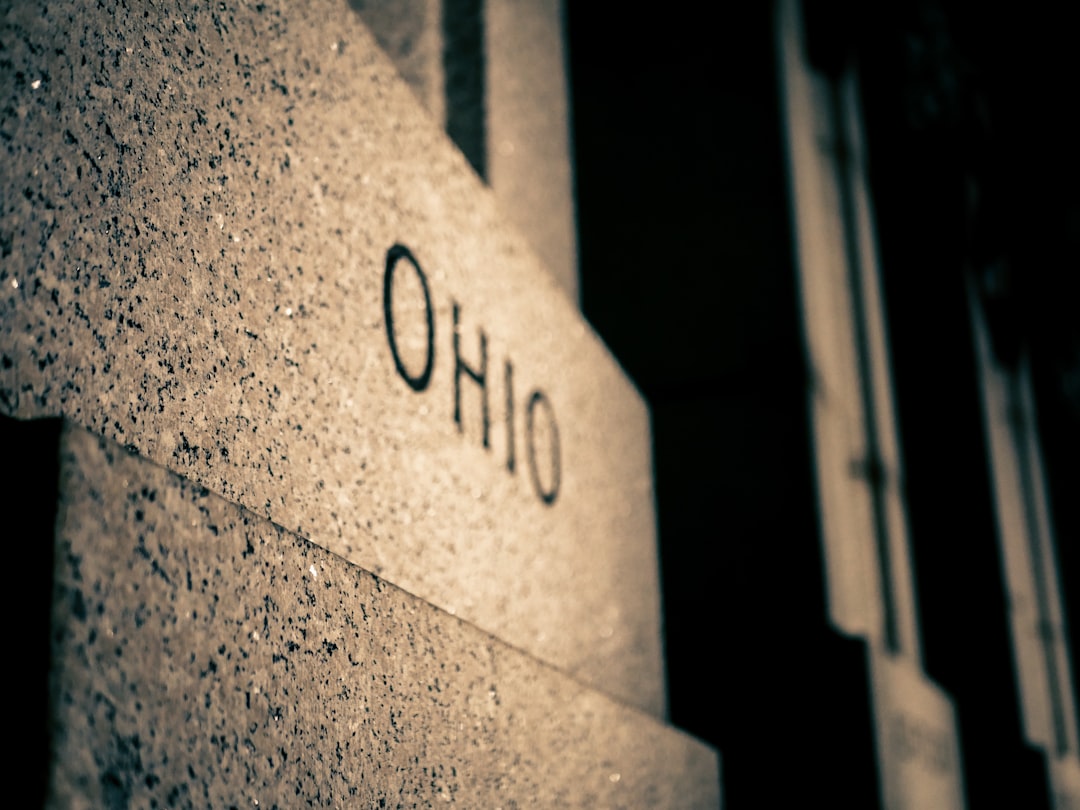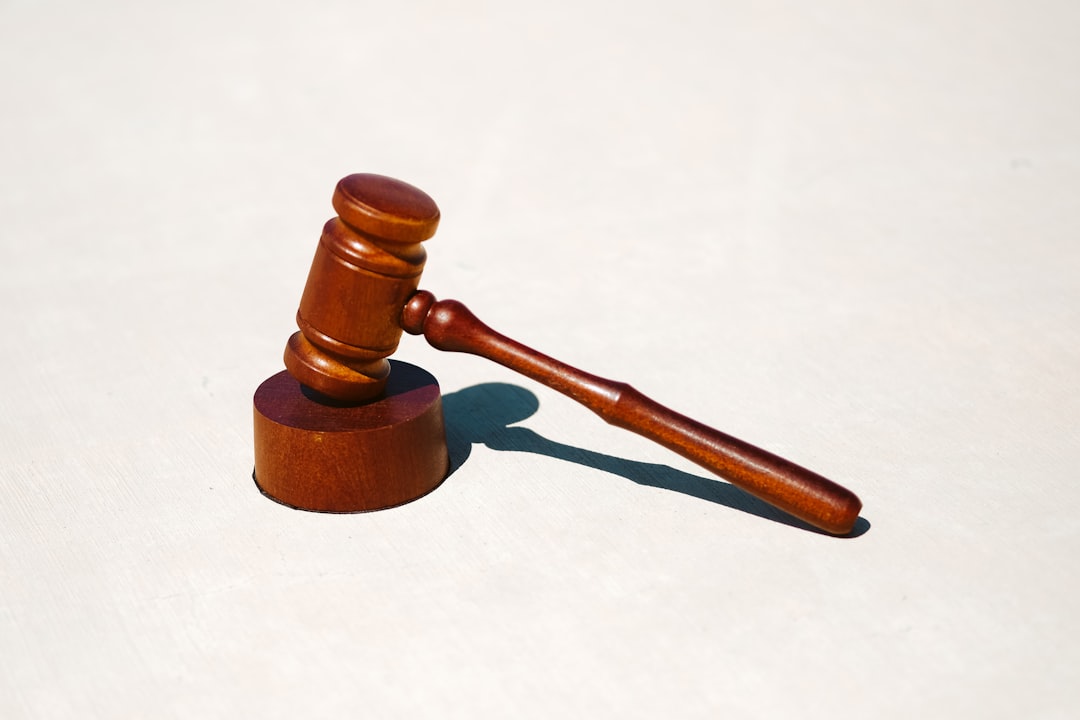Sexual harassment in Ohio's private schools is a serious issue, often unreported due to fear or shame. Under state law, any unwanted sexual conduct creates a hostile environment. Cleveland students facing this abuse have legal rights and protections, including under Title IX. They should report it immediately, seek medical attention if needed, and consult with a specialized school abuse lawyer in Ohio to understand their options for justice. These attorneys simplify complex laws, offer crucial support throughout the process, and ensure victims' safety within educational institutions.
In Ohio, students facing sexual harassment at private schools have legal rights that deserve attention. Understanding what constitutes sexual harassment and knowing one’s options is crucial for fostering a safe learning environment. This article guides parents and students through the complexities of addressing this issue in Cleveland’s private school system. We explore students’ legal rights, available resources, and the importance of seeking expert advice from a dedicated school abuse lawyer in Ohio to ensure justice and accountability.
Understanding Sexual Harassment in Ohio's Private Schools

Sexual harassment in Ohio’s private schools is a serious issue that often goes unreported due to fear, shame, or misunderstanding. It’s crucial for students and parents alike to understand what constitutes sexual harassment under Ohio law. This includes any unwanted verbal, non-verbal, or physical conduct of a sexual nature that creates an hostile, intimidating, or offensive environment. Such behavior can range from lewd comments and inappropriate touching to online threats and text messages, making it pervasive in today’s digital age.
Students facing sexual harassment at private schools in Cleveland have legal rights protected by state laws against school abuse. A qualified school abuse lawyer in Ohio can guide victims through the complex process of filing a complaint and pursuing justice. It’s important for students to remember that they are not alone and that there are resources available to help them navigate this difficult situation, ultimately ensuring their safety and well-being within educational institutions.
Students' Legal Rights and Resources

Students facing sexual harassment at Cleveland private schools have legal rights and resources available to them. It’s crucial for students to understand their protections under both state and federal laws, such as Title IX of the Education Amendments Act of 1972, which prohibits sex-based discrimination in education, including sexual assault and harassment. If a student experiences or witnesses school abuse, they can take several steps: first, report the incident(s) to a trusted teacher, counselor, or administrator immediately; second, seek medical attention if necessary; and third, consult with a school abuse lawyer in Ohio who specializes in education law to understand their rights and options for justice.
There are numerous organizations that offer support and advocacy for victims of sexual harassment, including local and national non-profits dedicated to ending school abuse. These resources can provide guidance on navigating legal processes, connecting students and families with counseling services, and ensuring the harasser faces consequences under both school policies and criminal law, if applicable. Students should remember they are not alone and that seeking help is a courageous step towards healing and justice.
Navigating Legal Actions with a School Abuse Lawyer in Cleveland

Navigating legal actions against a Cleveland private school for sexual harassment can be complex and emotionally taxing, making it crucial to enlist the help of an experienced school abuse lawyer Ohio. These attorneys are well-versed in the intricate laws surrounding educational institutions and student rights. They guide victims through every step, ensuring their voices are heard and their interests protected.
A skilled school abuse lawyer Ohio can provide invaluable support, from filing official complaints to representing students in administrative hearings or even civil litigation. Their expertise lies in translating often-jargoned legal terms into understandable language, empowering students and their families to make informed decisions.






